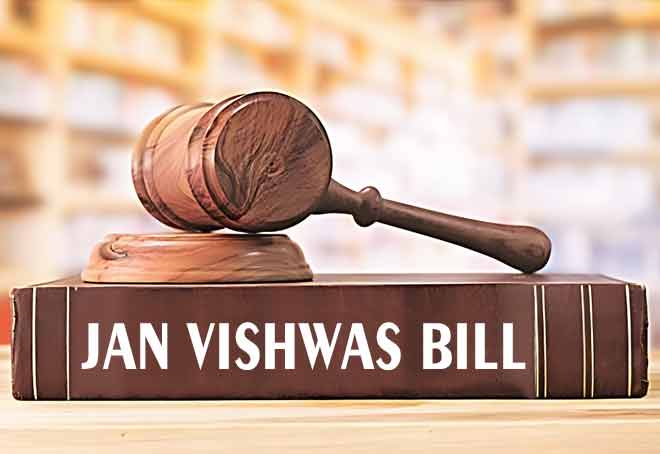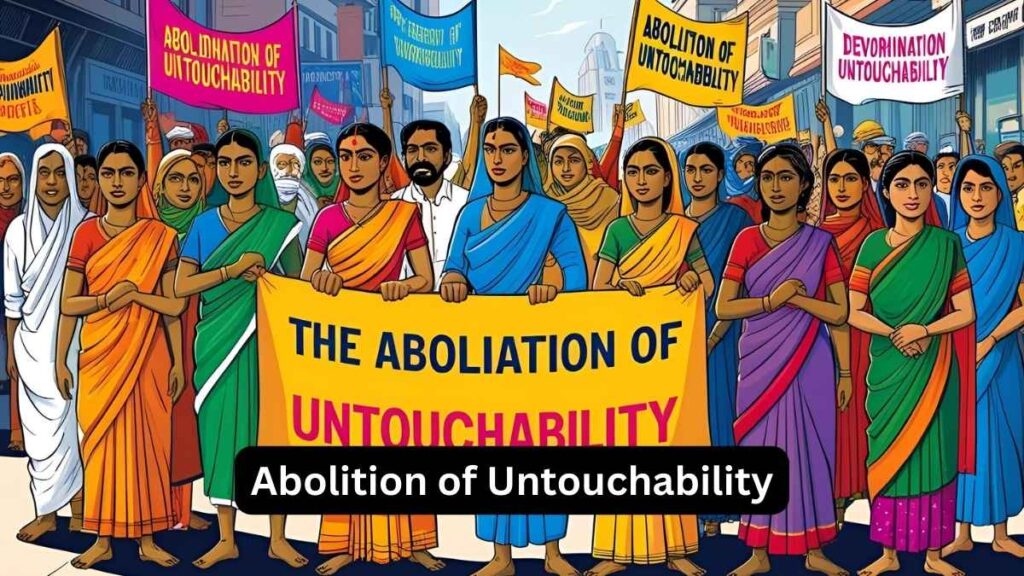Font size:
Print
Paradiplomacy
Context:
In coalition governments, the role of allies becomes crucial in shaping foreign diplomacy.
More on News:
- Coalition governments often rely on the support of alliance partners to navigate the complexities of international relations at the subnational level.
- The recently concluded election has emphasised the importance of allies in the realm of paradiplomacy.
About Paradiplomacy:
- Conventional diplomatic relations fall under the exclusive domain of sovereign nation-states exercised by central governments.
- Paradiplomacy refers to the diplomacy conducted by subnational governments, such as states, provinces, or cities, to further their international interests and goals.
- Paradiplomacy makes space for external relations of subnational or federal units that might indulge themselves in international activism to promote their interests.
Evolution of Paradiplomacy in India:
- Post-1967: The emergence of coalition and minority governments, exerting enormous pressure on the federal structure of India but the incidents of Paradiplomacy were limited.
- The emergence of coalition and minority governments in India, in states like Tamil Nadu, West Bengal, Orissa, and Uttar Pradesh, led by regional parties, sought to assert their autonomy and engage in international activities to promote their respective states’ interests.
- 199o & 2000’s: The New Economic Policy in the 1990s created opportunities for states to engage in international economic activities, further solidifying Paradiplomacy.
- With the Active Participation of States liberalisation of sectors such as the development of industrial infrastructure, power, agriculture and irrigation, health and education was possible.
- Farakka Dam Water Sharing: The sharing of Farakka dam water between India and Bangladesh was resolved in 1996 after the visit of the then West Bengal’s Chief Minister to Bangladesh.
- Border Haats: The Centre encouraged border states to establish border haats to market local produce to accessible markets across the borders to encourage transborder trade along traditional trade routes, which helped local prosperity and cultural exchange.
- World Bank Loans: From 1990 onwards, the World Bank started extending loans to select states like Andhra Pradesh, Tamil Nadu, and Karnataka for such local produce.
- Vibrant Gujarat Global Investors Summit: The campaign started in 2003 and showcased aggressive paradiplomacy by the Gujarat government.
- 2014 onwards: Increased involvement of states in foreign policy, particularly in economic diplomacy.
- Andhra Pradesh Delegation to China: In 2015, the Ministry of External Affairs (MEA) asked the then Chief Minister of Andhra Pradesh to lead a high-profile delegation to China before PM Modi’s state visit.
- West Bengal Representation: In June 2015, the Indian prime Minister included the Chief Minister of West Bengal, in his official delegation.
- Kerala’s Gulf Connections: Kerala has strong connections with the Gulf region, particularly the United Arab Emirates (UAE) and Saudi Arabia, due to its large diaspora population. This has led to significant economic and cultural exchanges.
- MEA’s Facilitation: The MEA through “States Division” has actively facilitated the participation of state Chief Ministers in international delegations and visits to promote investment partnerships in their respective states.
significance of Paradiplomacy for India:
- Addressing State-Specific Issues: Paradiplomacy helps states address issues that are specific to their region. For example, West Bengal took a strong stance against the proposed Teesta water agreement with Bangladesh, as it would harm the state’s interests.
- Deepening Diplomatic Relations: Given India’s size, provincial governments are better positioned to establish strong diplomatic relations with neighbouring countries due to geographical, cultural, historical, and economic ties. For instance, West Bengal can have more successful diplomatic relations with Bangladesh and Bhutan than an MEA official.
- Regional Integration: Paradiplomacy facilitates regional integration by promoting cooperation and coordination among subnational governments. This leads to the development of shared policies and initiatives that benefit the region as a whole. Examples include the European Union and the North American Free Trade Agreement.
- Strengthening Federalism: Paradiplomacy strengthens federalism by making it competitive and healthy. For instance, the Maharashtra government’s agreement with Enron and General Electric to finance the Dabhol Project in 1992 received active support from the central government, leading to the project’s success.
Challenges in Paradiplomacy for India:
- Disagreements on International Agreements: The state government disagrees with the central government’s stand on various issues like the UPA government pressurised by its ally DMK, to vote against a friendly neighbour, Sri Lanka, over a resolution before the UN Human Rights Council (UNHRC) in Geneva. Kerala government pushed for the prosecution of Italian marines involved in a fatal shooting incident, straining relations with Italy.
- Border issues: The Central government is responsible for managing borders, and India’s foreign policy engagements with its immediate neighbours thus have implications with its own bordering states. For example, the recent increase in territorial jurisdiction of armed forces in Rajasthan and Punjab has caused tension between the centre and states.
-
Ideological Differences: The central government and state governments may have different ideological and political views, leading to disagreements on key issues. This can result in the central government’s decisions not aligning with the best interests of states, and vice versa.
Future Trajectories in India:
- Engagement in City diplomacy: It will help cities develop their own foreign relations based on cooperative agreements.
- These pairings can be conducted for cultural or economic exchanges, which, in turn, are beneficial to both cities/towns. E.g. C40 Cities Climate Leadership Group, Urban 20 (U20) Mayors Summit.
- Galvanise paradiplomacy: By creation of consulates or consular offices in individual states which will enhance state’s participation.
- Better coordination: Between the MEA and local offices by means of regular consultations and bureaucratic interactions could prove effective in taking the goal of paradiplomacy forward.
- Government must engage in better policy formulation and institute clearer guidelines in order to see the fruits of pursuing subnational diplomacy.


